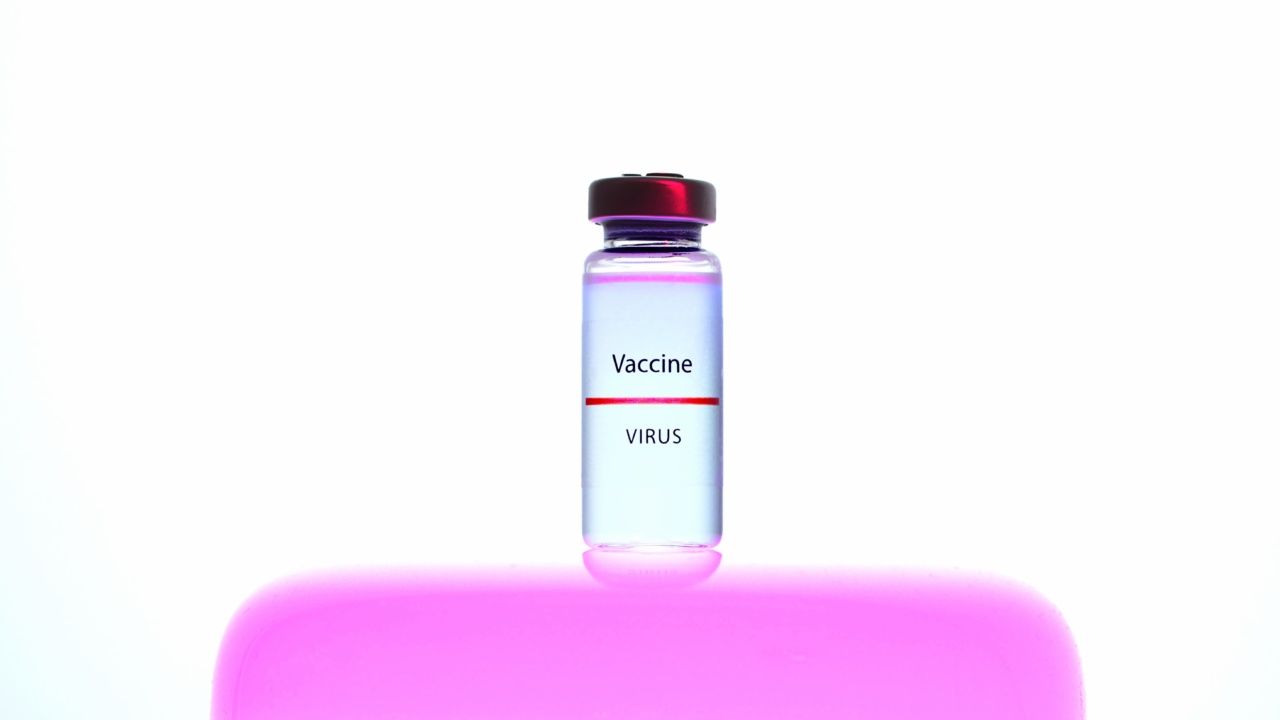Shingles is a viral infection that causes a painful rash. Also known as herpes zoster, it can occur in anyone who has had chickenpox and is caused by the reactivation of the varicella-zoster virus.
In some people, the pain and discomfort caused by shingles can last for months or even years, a condition known as postherpetic neuralgia.
At Hellenic Infectious Disease Company, we recommend vaccination as the most effective way to prevent shingles and its complications.
The Centers for Disease Control and Prevention (CDC) also recommends vaccination for all adults aged 50 and above, including those who have already had shingles.
Why Vaccination is Important?
The shingles vaccine is safe and effective, reducing the risk of getting the virus by about 90 percent. It can also make the symptoms less severe and shorten the duration of the illness if you do get it.
Vaccination can also prevent postherpetic neuralgia, a debilitating condition that affects up to one-third of people who get shingles.
It’s important to note that vaccination is not a substitute for treatment. If you have shingles, antiviral medications can help reduce the severity and duration of the illness.
Pain relievers, including over-the-counter options like acetaminophen and ibuprofen, can also help manage symptoms.
Who Should Get Vaccinated?
As mentioned earlier, the CDC recommends shingles vaccination for all adults aged 50 and above. This includes people who have already had shingles, as the virus can reactivate.
There is no upper age limit for vaccination, and it is also recommended for people who have weakened immune systems or are taking immunosuppressive medications, such as chemotherapy drugs or steroids.
If you are unsure whether you should get vaccinated, talk to your healthcare provider. They can help you understand the benefits and risks of vaccination and make an informed decision that is right for you.
How is the Vaccine Administered?
The shingles vaccine, known as Shingrix, is a two-dose vaccine given by injection. The doses are typically given two to six months apart.
The vaccine is not live, meaning it doesn’t cause shingles, and it can be given to people who have already received the older shingles vaccine, Zostavax.
The most common side effects of the vaccine include soreness, redness, and swelling at the injection site, as well as headache, fatigue, and muscle pain. These side effects are usually mild and resolve on their own within a few days.
Conclusion
Shingles is a painful and potentially debilitating condition, but it can be prevented through vaccination.
At Hellenic Infectious Disease Company, we recommend shingles vaccination for all adults aged 50 and above, as well as people who have weakened immune systems. Vaccination is safe and effective and can help protect you from the virus and its complications.



























